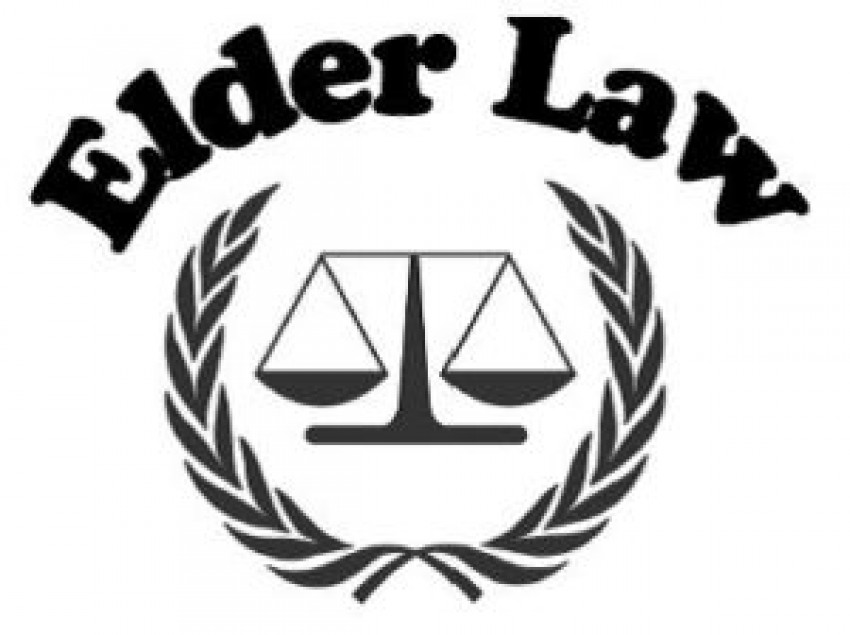
Despite the fact that most senior citizens recognize the significance of estate planning, approximately half of all the U.S population aged 50 and above has not even created a Last Will. Many people think that the last will is the only or most important component of an estate plan; they do not realize what is required with respect to the size of their estate and their intentions regarding matters of inheritance. Creating powers of attorneys and designating beneficiaries are a few of the things covered in a comprehensive estate plan.
Proper estate planning conducted by seniors is a blessing for the next generations. The loved ones of those that die without an estate plan have to overcome several challenges, such as probate proceedings, estate contenders, and decision-making under stressful conditions. Moreover, the lack of a legacy and instructions leads to confusion and familial conflicts.
Last Will and Testament
The Last Will is a legal document that is used to transfer an estate to beneficiaries when the original creator dies. In addition to stating your preferences about your assets, naming the executor is an important part of a will. The executor is the person in charge of ensuring that your final wishes are carried out; hence, it is critical to appoint someone you can trust. The eldest or most responsible adult child is the popular choice. The chosen one should be informed of the duty ahead of time because surprises frequently backfire in these situations.
After you've written your will, you'll want to sit down with your family and go over the details. This way everybody can be on the same page and express their concerns. You can clarify certain clauses and justify particular decisions to prevent conflict after your death. Otherwise, you can include a letter in your will that explains everything.
Probate and Trusts
Probate is a judicial process in which the court of law supervises the distribution of a deceased person's assets. Probate tends be protracted and tiresome, regardless of the existence of a Will. The costs of probate may add up to 10% of the value of your estate, and your family has to wait months or years to gain access to your estate. Luckily, there are certain things you may do ahead of time to simplify or eliminate probate, such as establishing a Living Trust.
The Trust is a legal arrangement that permits the grantor (you) to transfer certain types of assets to a trustee. The trustee then distributes these assets among your beneficiaries upon your death. Trusts allow you to save money on taxes, limit asset distribution, and avoid probate. There are various kinds of trusts, which is why you need to consult Elder Estate Planning Attorney in Deer Park, NY, to determine what suits your needs.
Powers of Attorney
The powers of attorney are legal documents used to nominate someone as your representative in healthcare and financial matters. The designated individual does not have to be a lawyer, but they must be prepared to make critical decisions on your behalf. It is important to pick someone capable and reliable, as he/she gains ultimate control over your life and wellbeing. For example, they can decide what happens to your business and what kind of medical treatment you receive in the event of a terminal illness or incapacitation.


